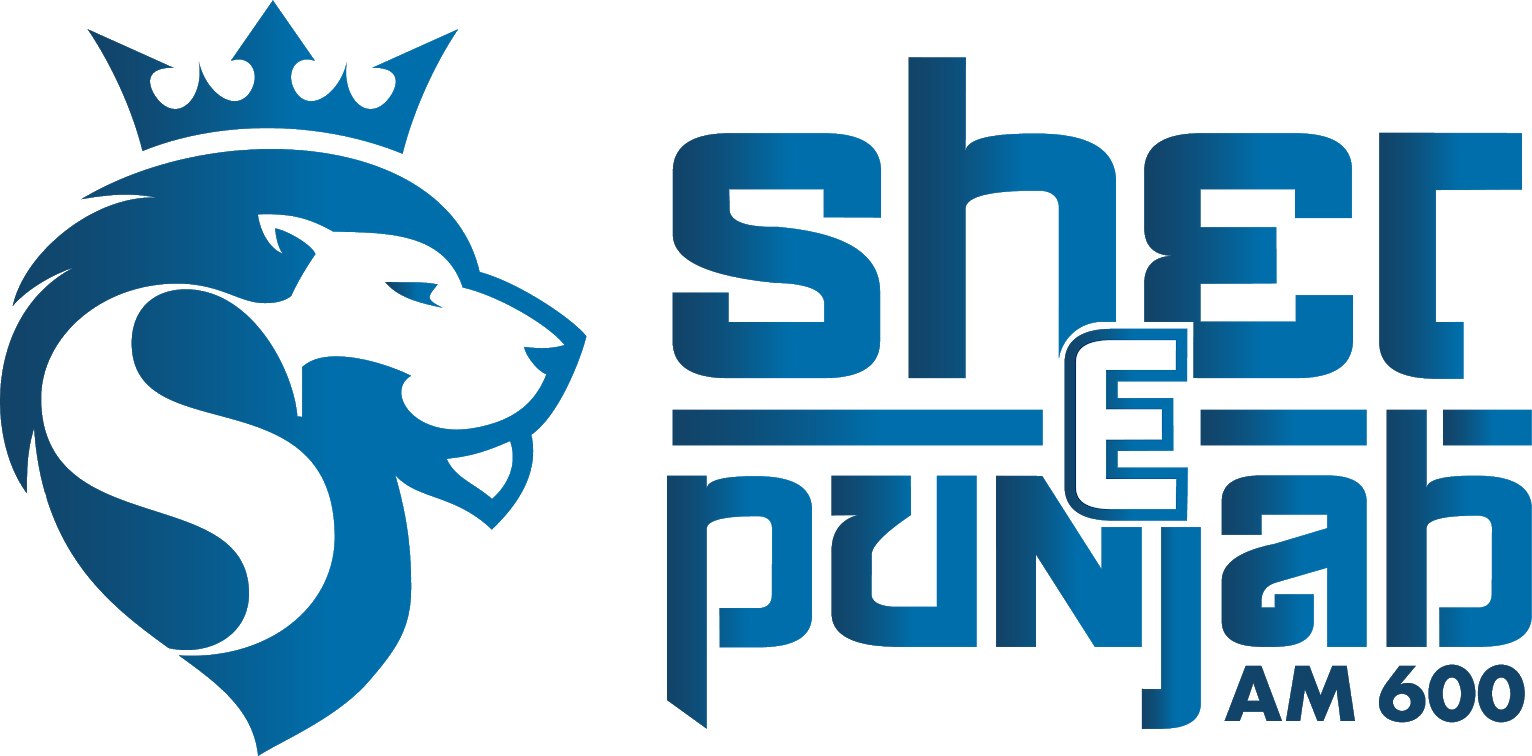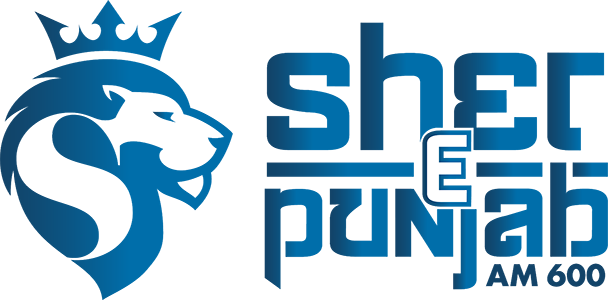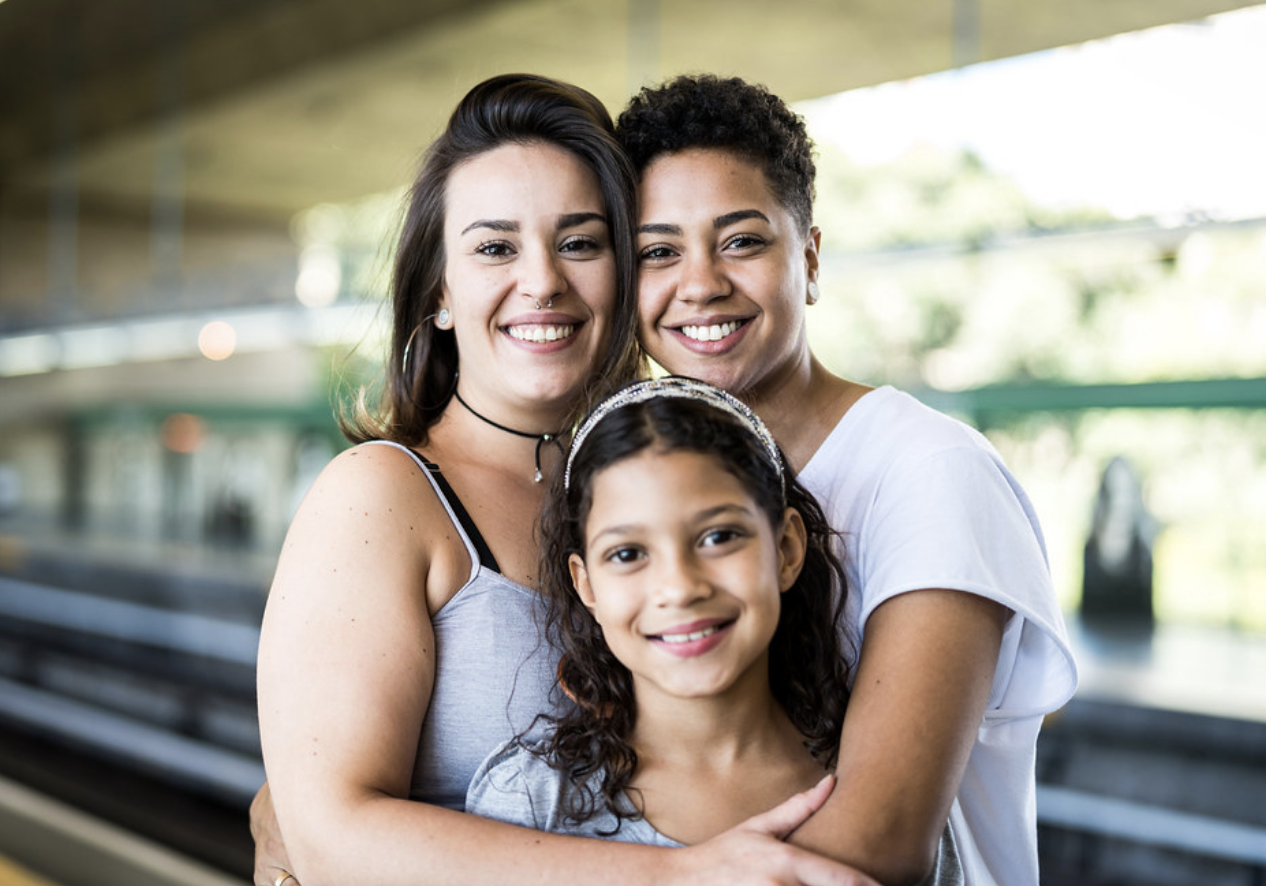To reduce barriers in accessing services and to ensure more people better see themselves in government regulations, the Province is removing almost 750 additional instances of gendered language across 16 ministries.
This is the most ever removed in one year and will help to make government regulations more inclusive.
“Using inclusive language wherever we can doesn’t just remove barriers to services, it also protects people’s rights,” said Grace Lore, Parliamentary Secretary for Gender Equity. “It’s a way for government to make life a bit easier for the thousands of British Columbians who face unnecessary barriers due to outdated language and to help address gender bias.”
Approximately 90% of the amendments address binary language such as “he,” “she,” “himself” or “herself,” and the remaining 10% amend gender-specific terms like “aunt,” “father” or “son.” Thirty-three regulations will also be updated through amendments unrelated to gendered language. For example, removing the outdated term “substance abuse” and replacing it with “substance use.”
“Inclusive language matters, and by reframing language, we’re helping people from all walks of life feel included and supporting more British Columbians to reach their full potential,” said Ravi Kahlon, Minister of Jobs, Economic Recovery and Innovation. “As outlined in our StrongerBC Economic Plan, B.C.’s competitive advantage is its people. That’s why we’re committed to making sure the words we use better reflect the diversity and people of our province.”
The Better Regulations for British Columbians is an annual regulatory process that updates information in government regulations. Presenting regulatory changes in a single amendment package every year is an efficient way for ministries to make amendments to clarify, modernize, correct or repeal outdated information.
“The language we use shows how we think about people. This suite of changes shows trans people in British Columbia that this government is counting us in. Like explicit recognition for gender identity or expression in human rights legislation, these changes help Two-Spirit, trans and non-binary people recognize themselves in the law,” said Adrienne Smith (they/them), litigation director for the Catherine White Holman Wellness Centre’s All-Genders Legal Clinic. “My community has spent decades trying to get law-makers to recognize us in words like ‘parent’ and ‘spouse’. To have government undertake this update to regulations shows that we matter and we have been heard.”
Better Regulations for British Columbians supports the StrongerBC Economic Plan to build a more inclusive, sustainable and innovative economy for everyone by making sure that all British Columbians have equal access to government services, no matter their sexual orientation, gender identity, race or cultural beliefs.


